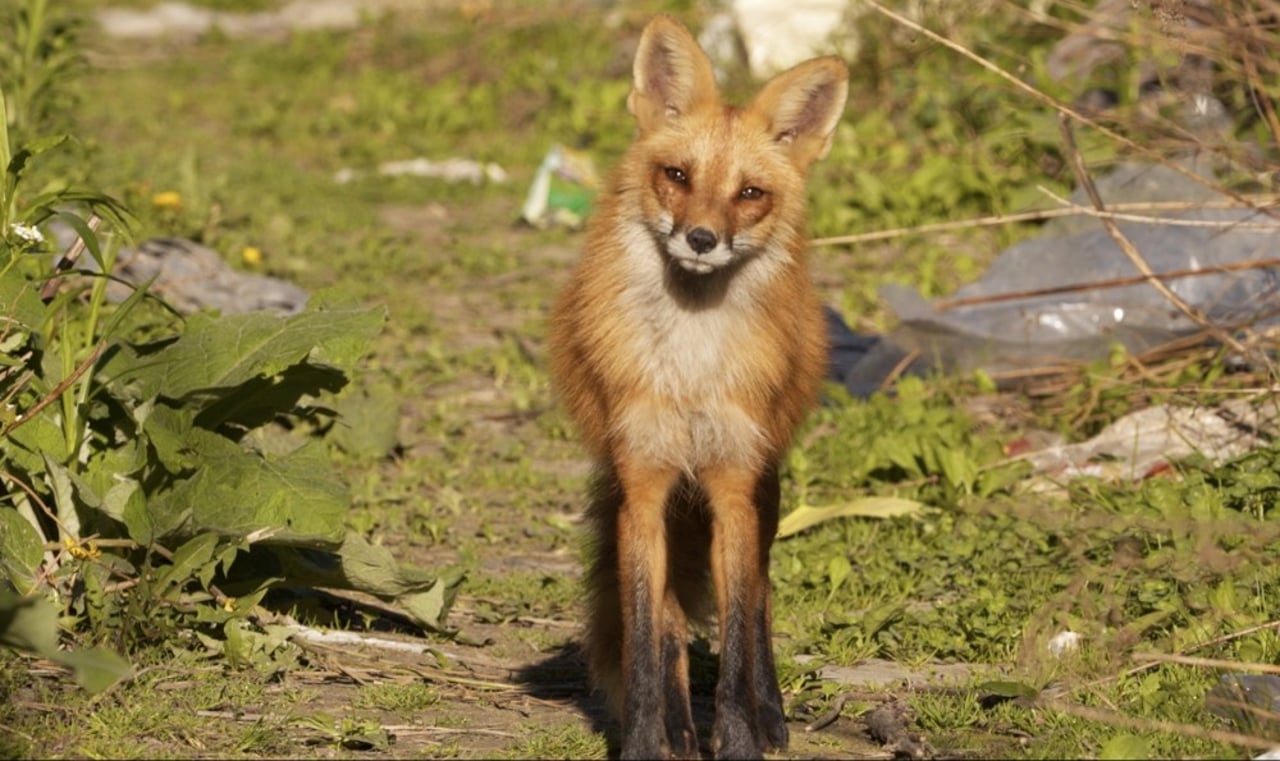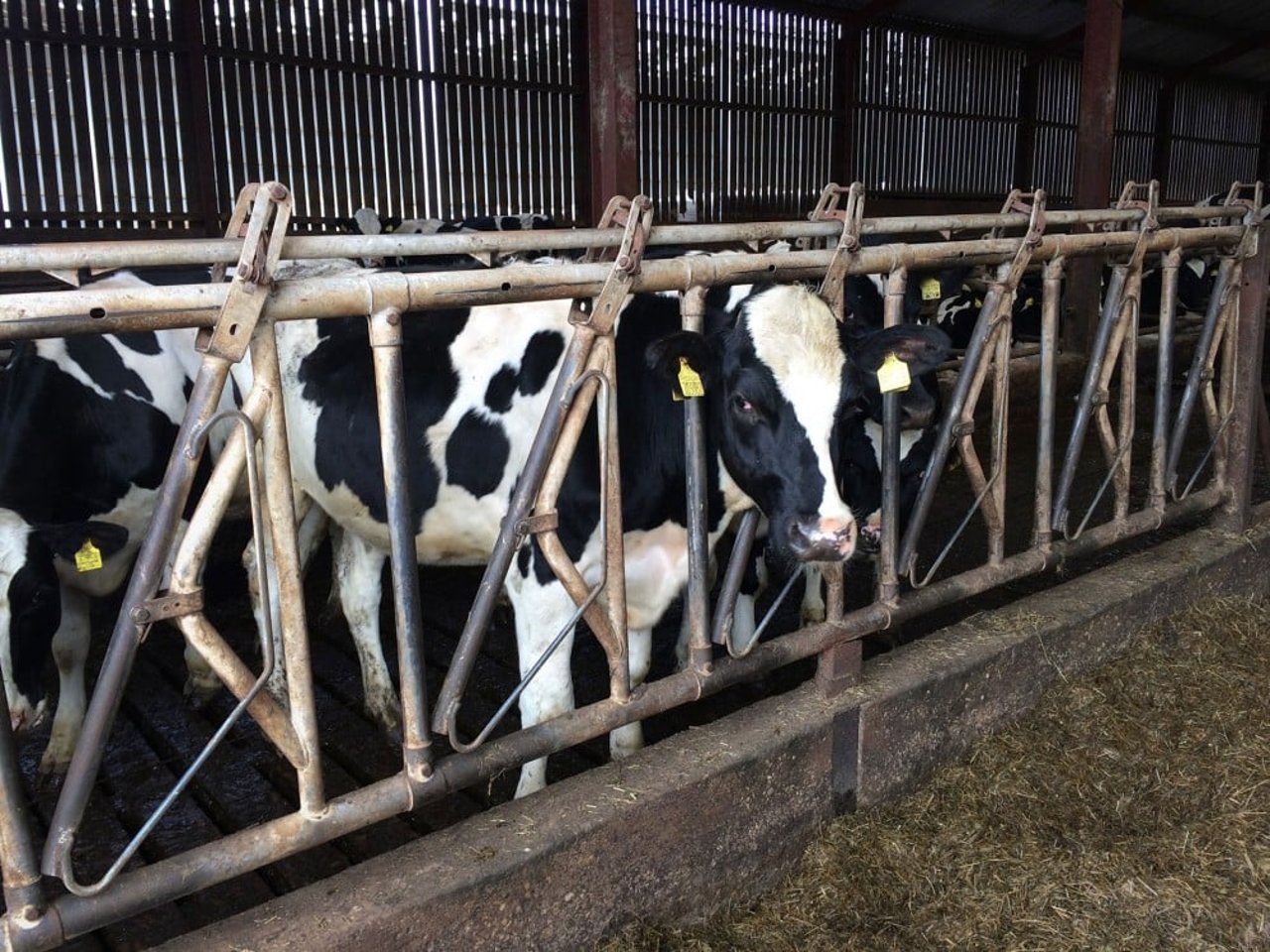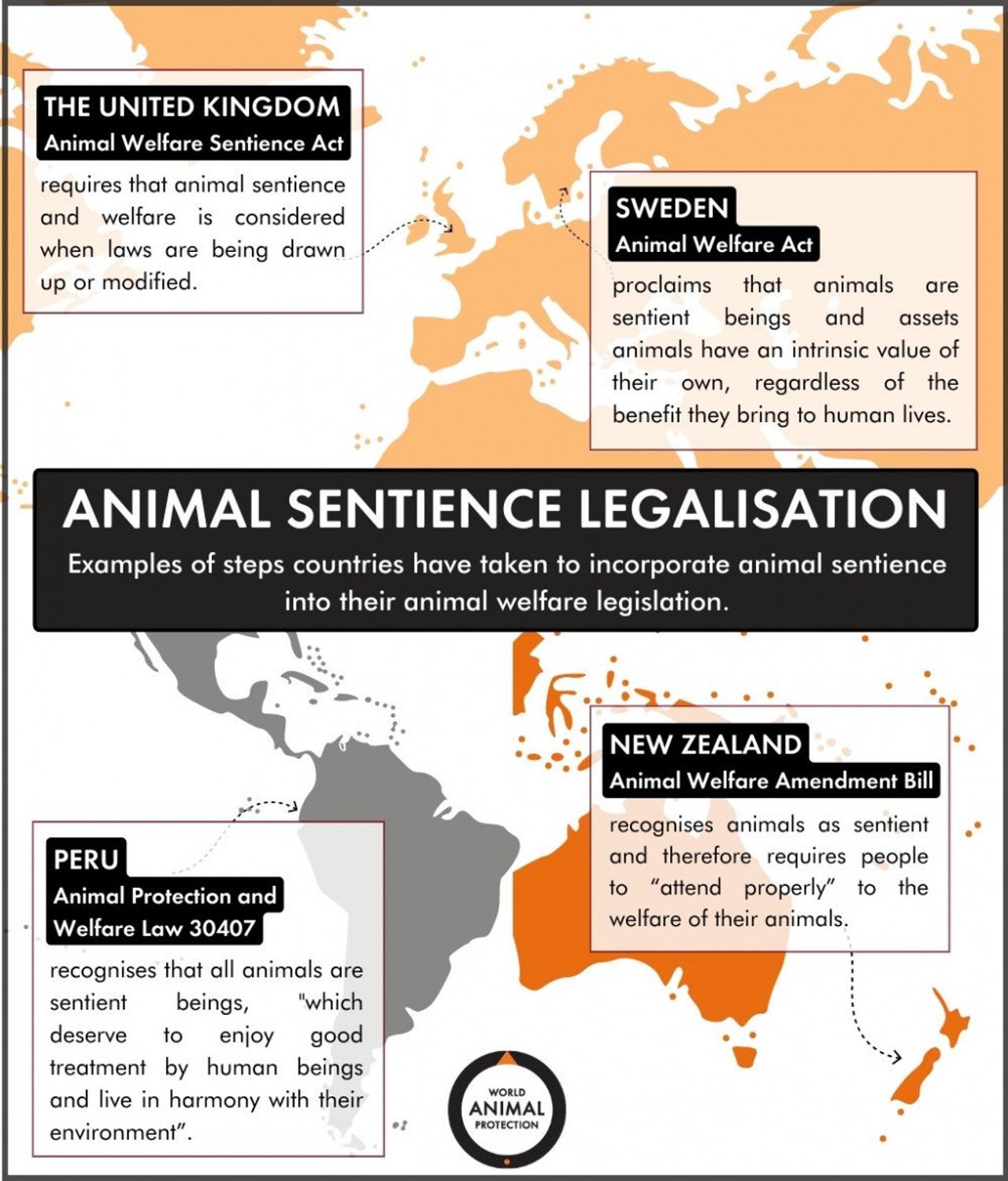
Animal sentience is an important issue that, unfortunately, has not yet received full recognition and acceptance in legislation worldwide.
When we recognise animal sentience, we accept that animals can feel both positive and negative emotions. We understand that they are capable of experiencing positive emotions like joy and excitement. And we also know that they can feel fear, pain, and distress.
Recognising animal sentience isn’t a purely theoretical or abstract concept. If we accept that animals can feel pain and distress, we must accept it is our responsibility to minimise experiences that harm animals like factory farming and the wildlife trade and entertainment industries.
Understanding animal sentience also changes our priorities regarding animal welfare legislation. Basic animal protections might ban physical mistreatment or violence, but sentient beings require more than just being free from physical pain.
Animal sentience legislation requires us to consider the mental and emotional well-being of the animals we share our world with. Let's look at the best examples so far, as well as some countries with a very long way to go.
Different animal sentience and animal welfare legislations around the world
Some countries have taken significant steps towards incorporating animal sentience into their animal welfare legislation. Here are some countries that have made great progress.
The United Kingdom
The United Kingdom has come late to legislation around animal sentience, but the legislation it has produced is high quality. The United Kingdom passed Animal Welfare (Sentience) Act in April 2022.
Before this date, animals in the UK did have some protections under previous legislation. The Protection of Animals Act 1911 and the Animal Welfare Act 2008 prevented specific ways of harming animals, including forbidding animal fighting and baiting.
They also placed a duty of care on owners and anyone responsible for the welfare of an animal. But none of these regulations truly recognised that animals were sentient and that their experiences were valid in their own right.
The Animal Welfare (Sentience) Act has gone a long way towards rectifying this. It recognises that all vertebrate animals (and an important selection of invertebrates) are sentient and that there is a moral obligation to protect their welfare.
Importantly, it also requires that animal sentience and welfare is considered when laws are being drawn up or modified. This is an important step forward, although it doesn’t prevent policymakers from deciding in favour of damaging practices that harm animal welfare.
The United States
The United States does not currently have any regulations on animal sentience at a federal level, although some limited legislation does recognise that animals are capable of experiencing pain and suffering.
Some states do have laws in place talking about both the physical and psychological suffering of animals and placing regulations and limits on how and when this is permitted. In total, 46 states consider at least some acts of cruelty to be felonies.
The legal position for animals in the US is that they are considered property rather than sentient beings in their own rights.
In Animal Sentience legalisation wild animals, invertebrates and those without an owner are often overlooked. Credit: Julian Victor
France
France was a genuine pioneer in the area of animal protection. Some animals were designated as sentient beings in the 1976 Law on the Protection of Nature.
The act only covers animals that have close ties with humans, specifically companion animals (pets), framed and domesticated animals, animals in laboratories and for the purposes of science, and wild animals kept in captivity.
Progress has continued since those first important steps. In 2015, the French Civil Code changed the categorisation of animals from “moveable property” to “living beings gifted with sentience”.
Although this is a welcome development, it continues to exclude wild animals, domesticated animals without an owner, and all invertebrates.
New Zealand
New Zealand also recognises animals as sentient. The New Zealand Animal Welfare Strategy took the first step in 2013 and this was then included in legislation with the Animal Welfare Amendment Bill in 2015.
In addition to recognising animal sentience, the act includes logical consequences of this recognition. For example, people are required to “attend properly” to the welfare of their animals.
Canada
Animal sentience is not equally respected across all of Canada. There are some limited references to pain, suffering, and distress in the Criminal Code of Canada, but no overt references to animal sentience. The issue has been largely devolved to Canada’s individual provinces and territories.
Some provinces, such as Quebec, are taking valuable steps forward. A 2016 Quebec law asserts that “Animals are not things. They are sentient beings and have biological needs”.
This act isn’t perfect, however. Although domestic companion animals must have their biological needs met, farmed animals must only be kept “in accordance with generally recognised rules.”
There is some evidence of recognition of animal sentience in Canadian case law, even in situations where it appears to be absent from primary legislation. For example, some judges have referenced animal sentience in their sentencing decisions.
Progressing understanding of animal sentience and improving associated legislation can transform cruel methods of farming
Peru
Peru has also chosen to include animal sentience as a principle in its animal welfare and protection legislation. In 2016, legislators passed the Animal Protection and Welfare Law 30407. This comprehensive law was remarkably clear about the status of animals as sentient beings and what that means for their welfare.
Article 14 states that “all species of domestic and wild vertebrate animals kept in captivity are sentient beings.” This is a simple and unequivocal recognition of their status.
Article 1 asserts that “the state establishes the necessary conditions to provide protection to domestic or wild vertebrate animal species and to recognise them as sentient animals, which deserve to enjoy good treatment by human beings and live in harmony with their environment”.
This is a significant step beyond most countries, who mainly seek to outlaw poor treatment. Asserting a right to good treatment provides a good blueprint for other countries to follow.
Sweden
Sweden’s Animal Welfare Act 2018 proclaimed that animals are sentient beings. It is an important piece of animal welfare legislation looking at how animals kept by humans and also wild animals used for scientific study should be treated.
One of the most exciting parts of this legislation is the assertion that animals have an intrinsic value of their own, regardless of the benefit they bring to human lives. This is a powerful and dramatic statement.
Unfortunately, it currently only applies to animals being kept by humans and for science. While it remains a strong statement and guiding principle, the practical scope needs to be expanded.
Spain
Spain has also recently updated its animal welfare legislation, recognising animal sentience in the process. Law 17/2021 changed the status of animals from objects to sentient beings and family members.
The recognition of animals as potential family members is important in a range of different situations. An important example is that pets and companion animals can no longer be seized for non-payment of debts.
As sentient beings, their right to be free from distress is now being acknowledged and valued.
Stop countries stalling on animal sentience legalisation
Despite the optimism in many areas of the world, animal sentience legislation is far from universal. Some countries have stalled in recognising animal sentience and many countries haven’t started at all.
For more information about the animal sentience laws in your country, take a look at our Animal Protection Index. We’ve ranked each country based on their animal protection laws. We also offer detailed information about how we evaluated each country and how they can best make progress.
Encouraging animal sentience bills and incorporating animal sentience principles into animal welfare legislation is important to ensure that animals are treated with care, respect, and dignity. It is also a simple recognition of scientific evidence and fact.
Promoting animal sentience legislation around the world is no small task, and we need your help.


